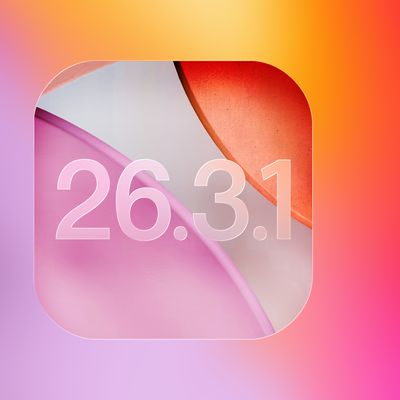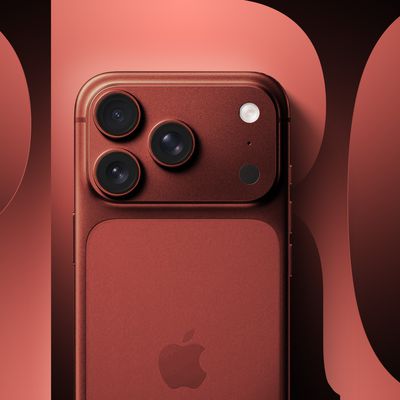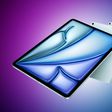According to Apple, both the iPhone 6 and the iPhone 6 Plus have "faster LTE download speeds" than the iPhone 5s, reaching up to 150Mbps thanks to the inclusion of the Qualcomm MDM9625M LTE chip, which supports LTE Advanced.
A demonstration of the speed difference between the iPhone 5s and the iPhone 6 when connected to a high-quality LTE network has been conducted by iClarified, suggesting the iPhone 6 is able to reach much higher speeds than the iPhone 5s.
The test, which was conducted in London, Ontario, Canada on the Fido network, shows the iPhone 6 topping out at download speeds of 101Mbps while the iPhone 5s reaches 35Mbps. Upload speeds are similarly improved, reaching 27Mbps on the iPhone 6.
According to iClarified, the tests, which were conducted using the Ookla SpeedTest.net app, were done in a spot in the city where the best reception was found.
We were able to consistently reach speeds in the high 90s with the iPhone 6. The absolute highest download speed we were able to obtain was 111 Mbps. I'm confident that if the conditions were optimal we could have obtained even higher speeds.
First introduced in 2013, LTE Advanced takes advantage of carrier aggregation technology, combining separate spectrums into a single faster connection to increase data speeds and network capacity. Several carriers offer the technology, and the iPhone 6 and 6 Plus are Apple's first devices to support it. Because not all carriers support LTE Advanced and due to differences in connection strength, not all users may see increased speeds on Apple's new devices.
Along with LTE Advanced, Apple's iPhone 6 and 6 Plus offer several other connectivity improvements, including support for up to 20 different LTE bands. With additional bands (7 more than the iPhone 5s), iPhone users are able to connect to more LTE networks when traveling abroad and LTE connections are available in more countries. The phones also include support for voice over LTE (VoLTE), improving voice quality and allowing some users to access voice and data simultaneously over LTE for the first time.






















